"A new world economy has emerged, which we must adapt to, therefore we need a new economic policy, the heart and essence of which is economic neutrality," Prime Minister Viktor Orban told journalists gathered outside this year's Civic Picnic at the Dobozy Mansion, in Kotcse, Hungary, Hirado.hu reported.
While PM Orban was responding to questions, left-wing activists were screaming so loudly and throwing things, that even the press became annoyed and tried quieting them so they could do their work.
Ignoring the rowdy activists wanting to disrupt his speech, Mr Orban said that economic success will come from economic neutrality, which means staying out of the war,
not the formation of blocs or supporting sanctions policies, but rather trading with and establish good economic cooperation with everyone,
he explained.

Economic neutrality is the "heart and essence" of the new economic policy, as the premier is convinced that this will bring economic success to Hungary.
"This year, Hungarian economic growth is in the top third in Europe," Mr Orban said in response to a question, adding that he was not satisfied with this, but would prefer Hungarian growth topping the European tier. The government wants to achieve a level of of between three and five percent, which he noted is not impossible in the coming year.
He also spoke of the Budapest airport deal as the re-acquisition of national assets and the acquisition of Vodafone as a historic step towards the country having a Hungarian-owned info-/telecommunications and internationally powerful company.
These are all important and necessary steps,
he stated.
Mr Orban said that "our current situation clearly shows" that we recognized in good time that maintaining solid relations with all the important players in the world economy, rather than blocification, serves the Hungarian economy. On the debates between the central bank and the government, he said that there will always be debates about the economy, as there are differing opinions on how to approach the economy. But there should be no disputes between the central bank and the government.
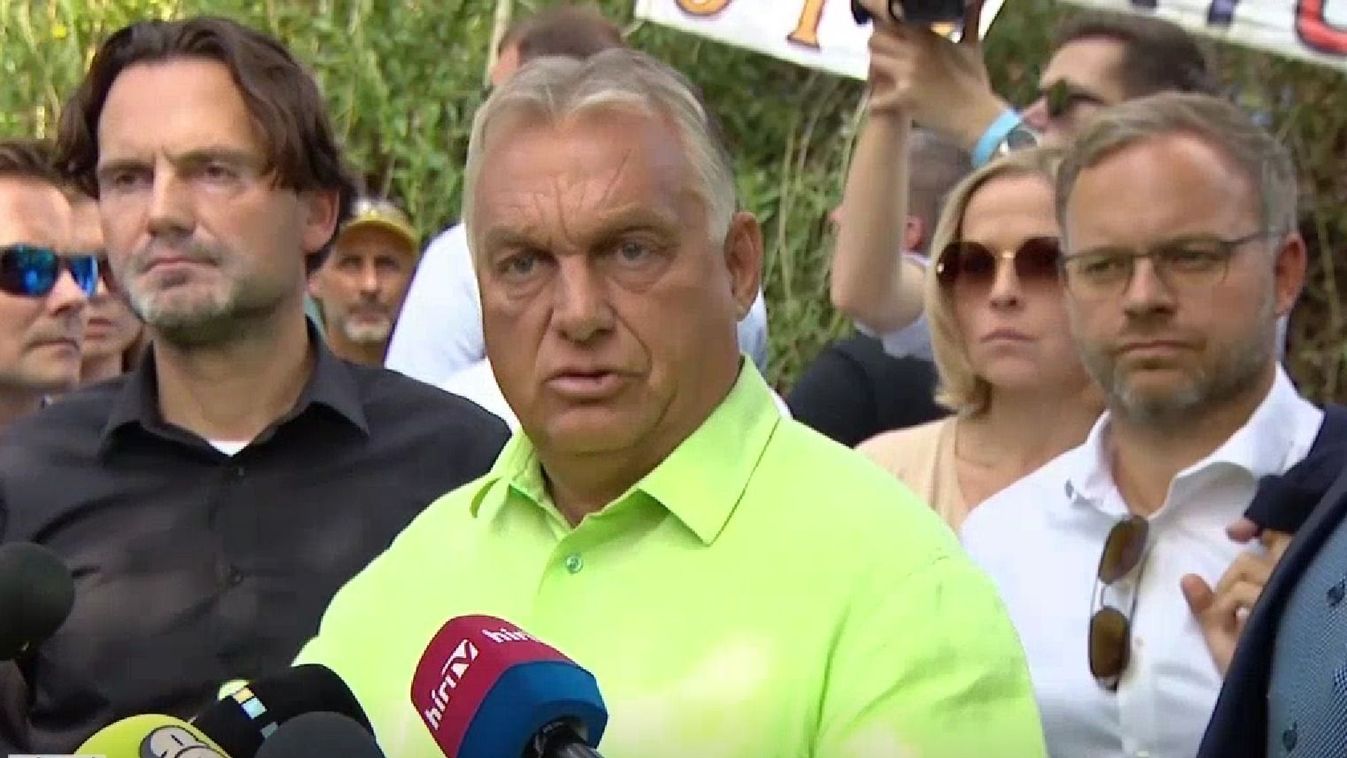

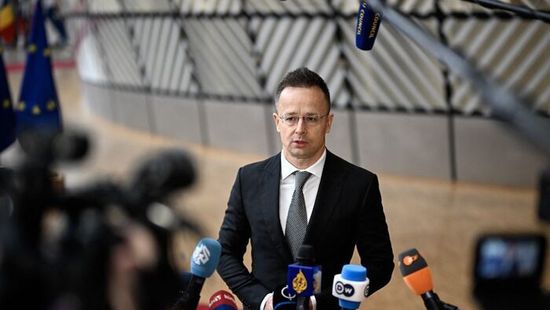











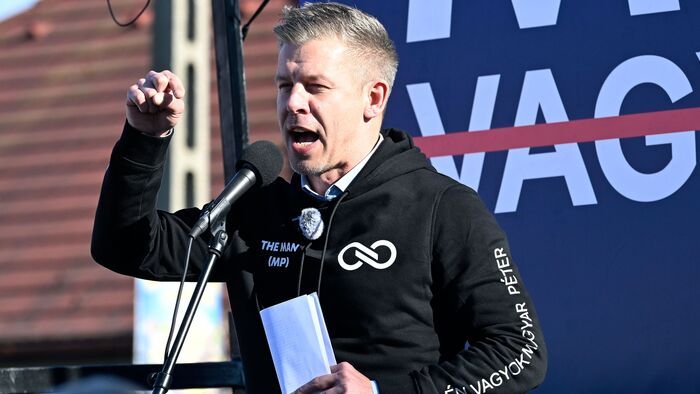

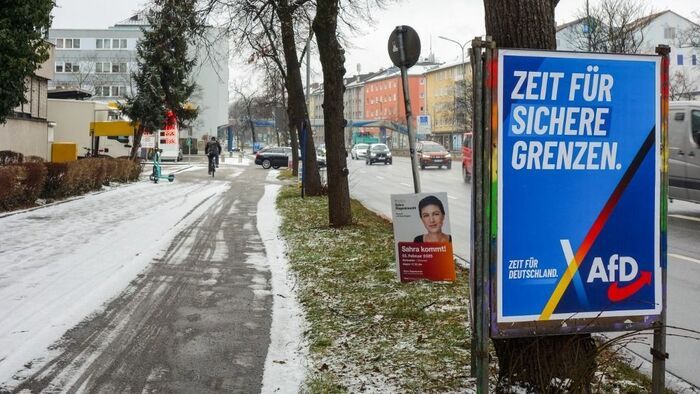
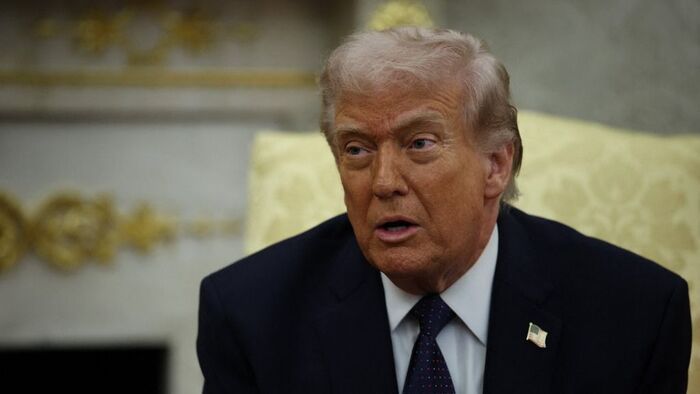
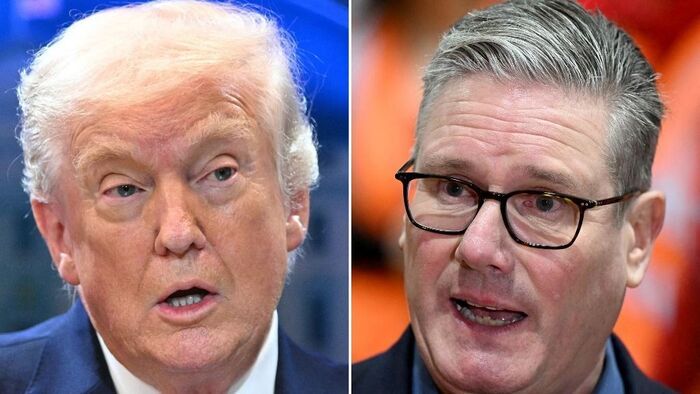


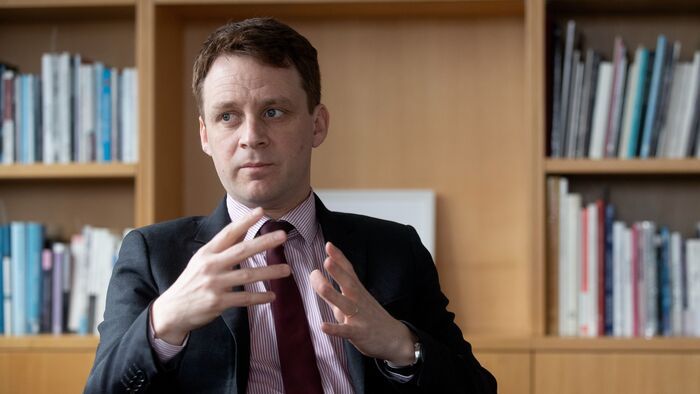
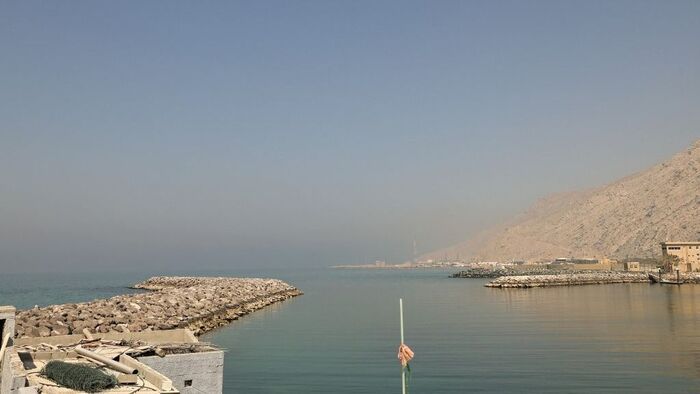

Szóljon hozzá!
Jelenleg csak a hozzászólások egy kis részét látja. Hozzászóláshoz és a további kommentek megtekintéséhez lépjen be, vagy regisztráljon!